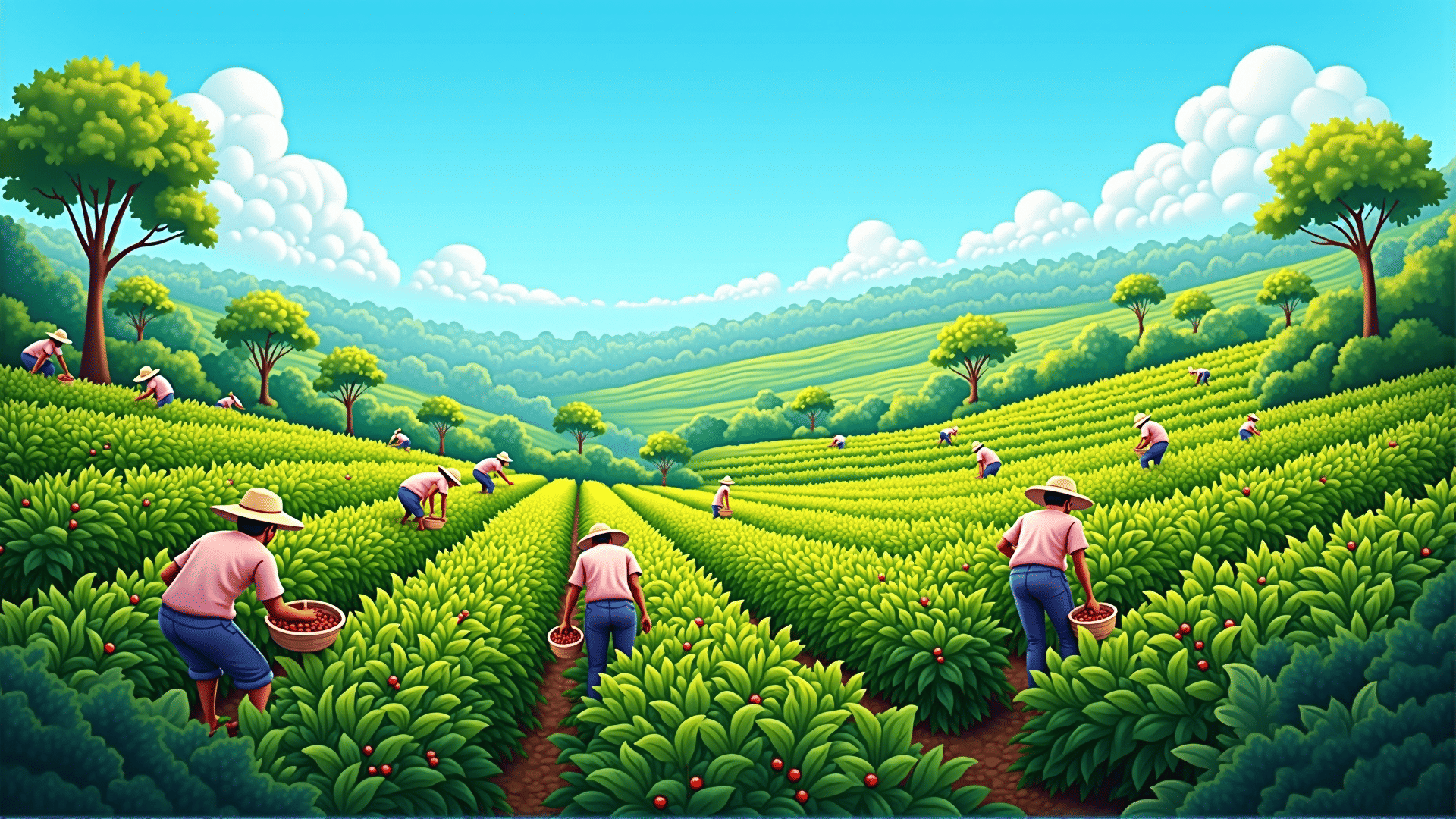Coffee farming has long been a staple of agricultural economies worldwide, providing a livelihood for millions while catering to the ever-growing consumer demand for coffee. However, traditional coffee farming practices have often been harsh on the environment, contributing to deforestation, soil degradation, and adverse effects on local ecosystems. In recent years, a shift towards sustainability in coffee farming has emerged as a powerful trend, especially in countries like India, where farmers and stakeholders are recognizing both the ecological necessity and economic benefits of sustainable practices.
Sustainable coffee farming encompasses a variety of practices aimed at reducing environmental impact while enhancing the socio-economic well-being of coffee growers. Among these practices, shade-grown coffee, agroforestry, and organic farming are gaining traction. Shade-grown coffee allows farmers to cultivate coffee under the canopy of native trees, mimicking the plant's natural habitat. This technique not only enhances biodiversity by preserving native flora and fauna but also reduces the need for chemical pesticides and fertilizers. In turn, this contributes to better soil health and water conservation, essential factors in maintaining ecosystem balance.
Agroforestry, the integration of trees and crops, further supports sustainability in coffee farming. In India, where smallholder farms dominate the agricultural landscape, agroforestry systems enable farmers to diversify their crops and income by combining coffee with fruit trees, spices, and other cash crops. This diversification reduces the risk of economic dependence on a single crop and enhances overall farm resilience to climate change effects and volatile market prices.
The adoption of organic farming practices is also integral to sustainable coffee production. By forgoing synthetic chemicals, organic coffee farms promote a healthier environment and safer working conditions for farmers. Indian farmers have increasingly embraced organic certifications, which not only ensure better soil and water quality but also provide access to premium markets and higher profit margins. As global consumers become more environmentally conscious, the demand for organic and sustainably sourced coffee continues to grow.
Sustainability in coffee farming extends beyond environmental practices to encompass social and economic dimensions. Collaborations between farmers, cooperatives, non-governmental organizations, and government bodies are crucial in facilitating access to education, resources, and fair-trade markets. Fair-trade certifications help guarantee that farmers receive fair wages and work under equitable conditions, fostering a more sustainable livelihood.
In India, various initiatives and programs are being implemented to support sustainable coffee farming. The Coffee Board of India, along with local and international partners, is promoting training and capacity-building workshops to educate farmers on sustainable techniques. These efforts aim to enhance productivity while conserving natural resources.
Moreover, consumer awareness and demand for sustainably produced coffee are driving change across the supply chain. As coffee drinkers increasingly prioritize ethical choices, the market for sustainable coffee is expanding, encouraging more farmers to transition to environmentally friendly practices.
In conclusion, sustainability in coffee farming represents a growing trend that is reshaping the agricultural landscape. For Indian farmers, adopting sustainable practices not only protects natural ecosystems but also ensures economic stability and an improved quality of life. As the momentum for sustainable coffee continues to rise, it offers a promising avenue toward a more equitable and environmentally responsible coffee industry.
